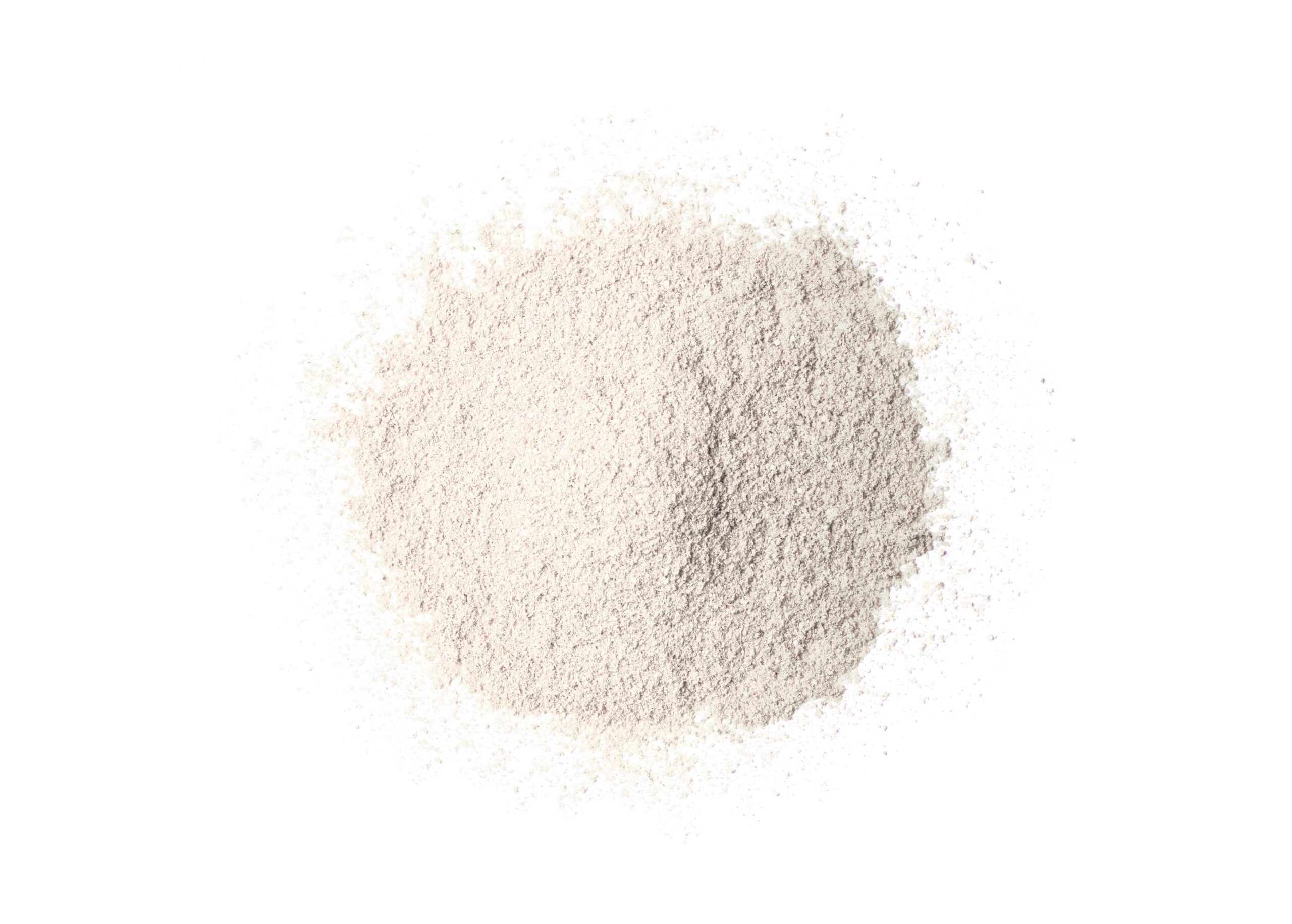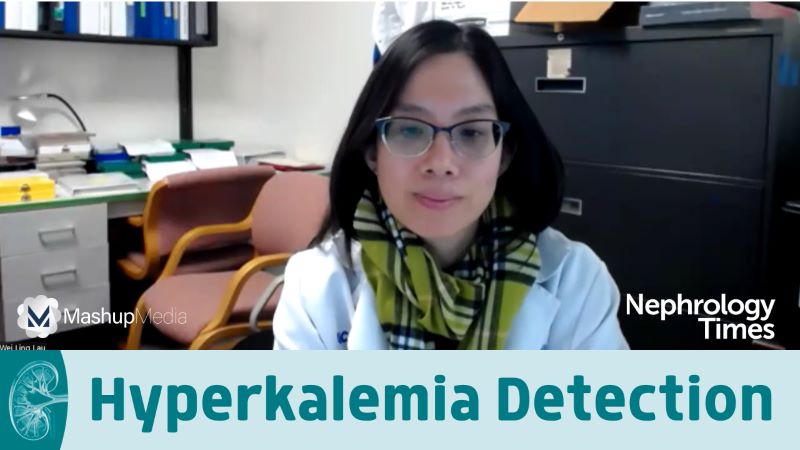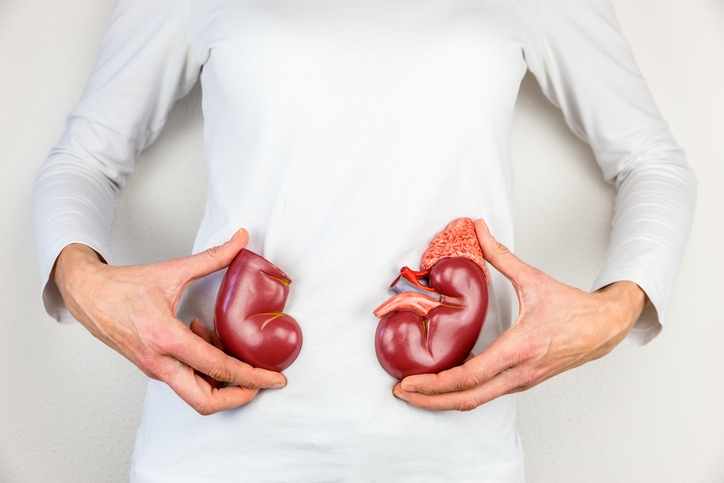
Nutrition is key in delaying the progression of chronic kidney disease (CKD). However, there are few data available on the level of adherence to nutrition guidelines and recommendations among patients with non-dialysis-dependent CKD (NDD-CKD). Melanie Betz, MS, RD, CSR, CSG, LDN, and colleagues conducted an analysis to examine the prevalence of patient adherence to nutrition recommendations and whether knowledge of dietary recommendations improves adherence. Results of the analysis were reported Knowledge of Renal Diet Restrictions and Adherence to Guidelines in the Journal of Renal Nutrition [www.jrnjournal.org/article/S1051-2276(20)30212-0/fulltext].
Eligible patients with NDD-CKD and glomerular filtration rate <45 mL/min/1.72 m2 were recruited from an urban, outpatient nephrology clinic. Patients completed an online Food Frequency Questionnaire to assess level of adherence to guidelines. A CKD knowledge Questionnaire was used to examine knowledge of renal diet restriction and food sources of sodium, potassium, and phosphorus.
Sixty-three patients completed both the Food Frequency Questionnaire and the CKD Knowledge Questionnaire. Patients were consuming excess protein (average intake of 1.16 g/kg; 65% to 81% of patients’ intake above goal), sodium (average intake of 3117 mg; 67% to 91% of patients’ intake above goal), and phosphorus (average intake of 1153 mg; 59% to 70% of patients’ intake above goal). Among patients without hyperkalemia, only 32% to 43% of patients consumed adequate potassium. There was no significant difference in the amount of potassium consumed between the group with hyperkalemia and the group without hyperkalemia (2327 vs 2564 mg; P=.36).
There were no associations between awareness of diet restriction guidelines and reduced intake of phosphorus (785 vs 907 mg; P=.21), protein (54.5 vs 57.0 g; P=.71), or potassium (1793 vs 2076 mg; P=.27). There was no correlation between greater knowledge of nutrient food sources and reduction in intake of sodium (r=–0.078; P=.54) or phosphorus (r=–0.053; P=.68), or potassium in patients with hyperkalemia (r=0.025; P=.92).
In conclusion, the researchers said, “Patients with NDD-CKD consume excess sodium, phosphorus, and protein, whereas potassium intake is inadequate in people without hyperkalemia. Greater knowledge of renal diet was not associated with increased adherence to dietary restrictions. Instruction efforts should go beyond providing nutrient-based diet information, and instead emphasize health food patterns and incorporate counseling to promote behavior change.”







 © 2025 Mashup Media, LLC, a Formedics Property. All Rights Reserved.
© 2025 Mashup Media, LLC, a Formedics Property. All Rights Reserved.